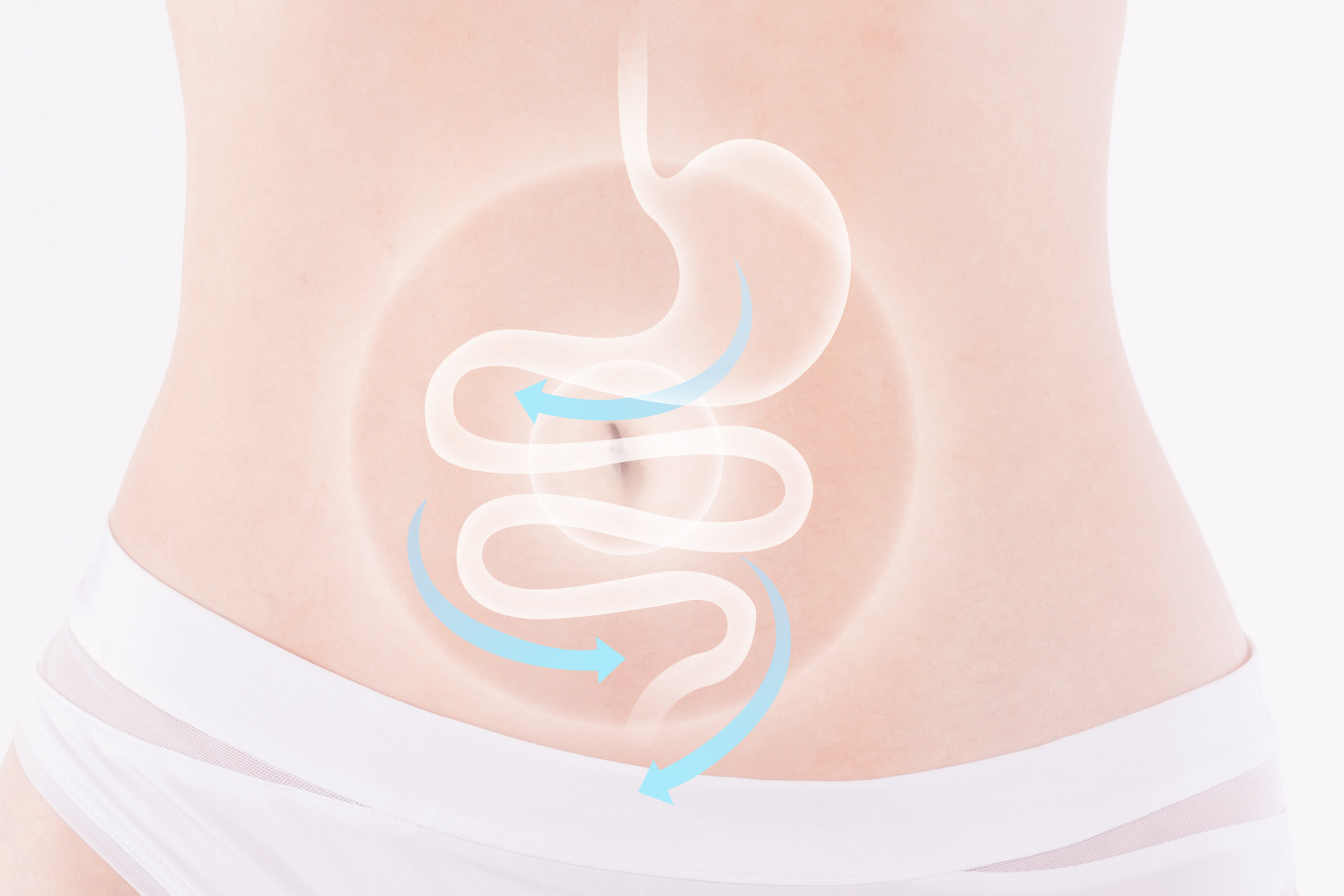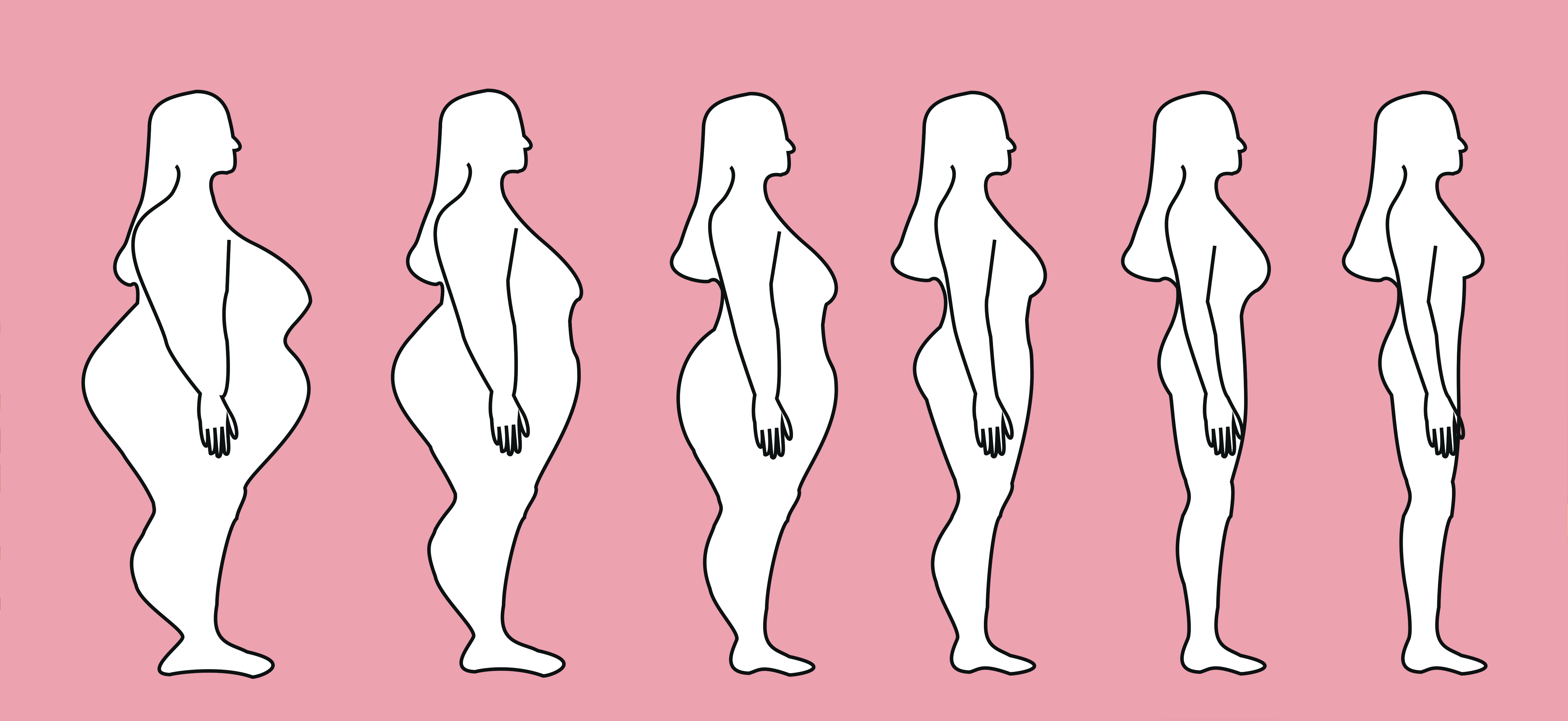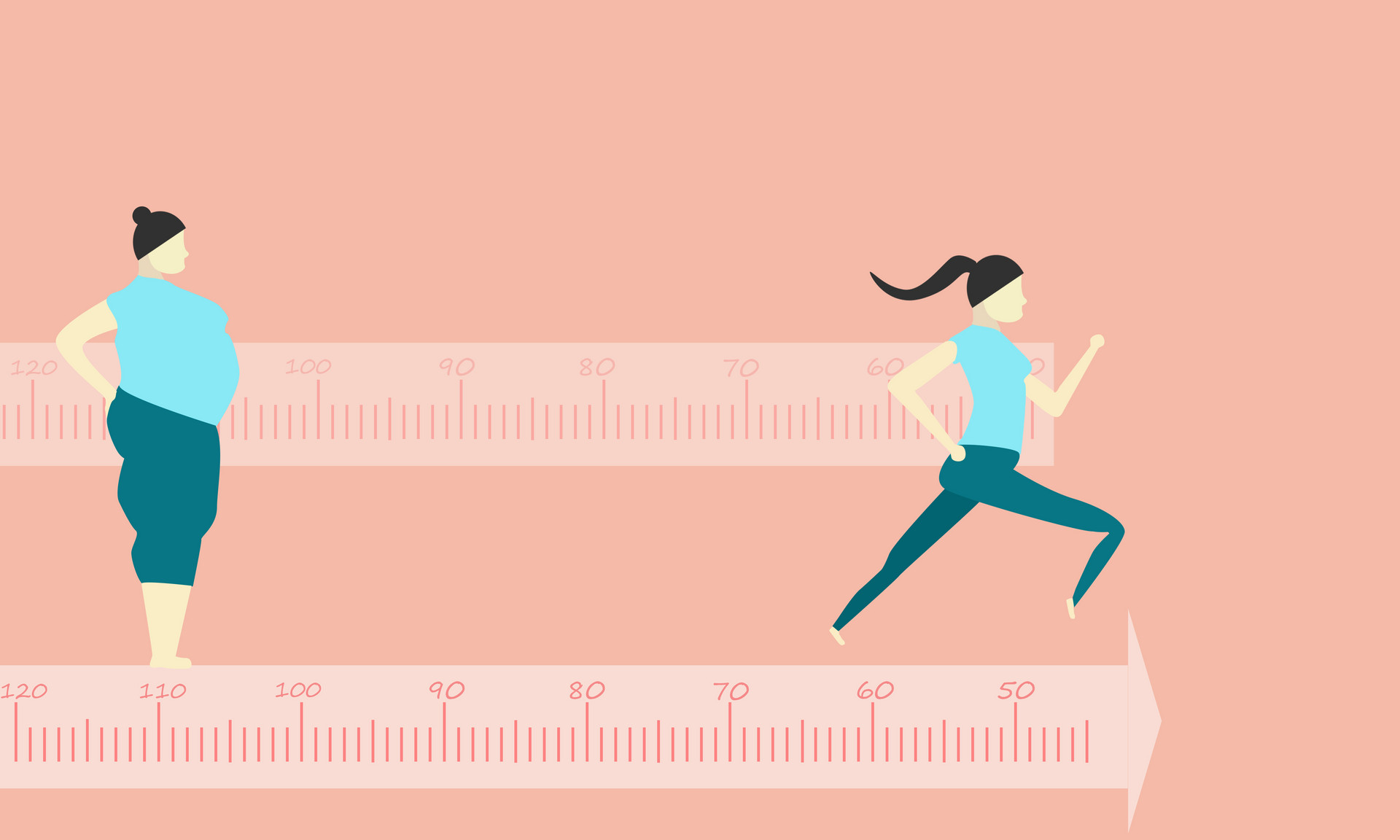"Life never stops, and neither does weight loss." This motto is held by many people trying to lose weight. It not only signifies the difficulty of weight loss, but also highlights the challenge of maintaining weight loss without rebounding. But what exactly is rebounding? In simple terms, rebounding refers to regaining weight after losing it. As long as a person's intake exceeds their expenditure, the excess energy will be stored as fat, leading to weight gain. This mechanism is independent of the number of times someone has tried to lose weight or the methods they have used.
The Three Harms of Rebounding
1. Disrupts the stability of the nervous system and lowers the body's immune ability.
2. Increases the risk of heart disease. Rapid weight fluctuations can strain the heart, making it difficult to adapt to changes in weight.
3. Causes people to lose confidence in their ability to lose weight and in themselves. Those who struggle to control their weight often find it challenging to maintain a stable emotional state.
Addressing the Causes of Rebounding
There are typically three main causes of rebounding:
1. Adopting improper weight loss methods. Some methods may result in the loss of water weight rather than fat. When these methods are discontinued and water is replenished, weight naturally increases again. This phenomenon is most common among individuals who rely on laxatives or diuretics for weight loss. Additionally, improper weight loss methods can cause significant harm to the body, such as electrolyte imbalances.
2. Failing to complete the weight loss cycle. Some people may see initial progress in their weight loss journey and believe they have achieved their goal. They then stop trying to lose weight, unaware that this is a critical period that determines whether the weight loss will be successful. Proper weight loss programs, whether through products or exercise, often emphasize the importance of completing the entire recommended duration. Failing to do so can result in rebounding and render previous weight loss efforts futile.
3. Engaging in poor lifestyle habits. Many individuals mistakenly believe that once they have successfully lost weight, they can indulge in unhealthy eating habits without consequences. Overeating, lack of exercise, and failure to burn off the energy absorbed can all lead to weight regain.
Preventing Rebound with Effective Strategies
More than 80% of people who attempt to lose weight experience a cycle of "fighting and failing." The notion of "no rebound" after using weight loss products is often misinterpreted as the belief that no effort is required to maintain weight loss success. In reality, the key to preventing rebound lies within oneself. The following strategies offer effective ways to maintain weight loss results:
1. Chew food slowly. Avoid rushing through meals. This not only aids digestion but also promotes overall well-being.
2. Eat until 80% full. Regardless of attending grand banquets or consuming beloved foods and beverages (especially alcohol), it is important to exercise restraint.
3. Eat at regular intervals and in controlled portions. Divide the daily food intake into 4-5 small meals, avoiding unpredictable hunger or overeating.
4. Eat a substantial breakfast, a moderate lunch, and a light dinner. Emphasize the quality of breakfast and include protein-rich foods. Refrain from eating within two hours of going to bed.
5. Maintain a diverse diet and avoid being overly selective in food choices.












